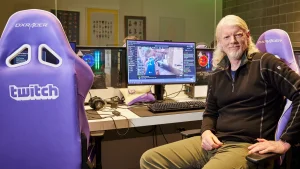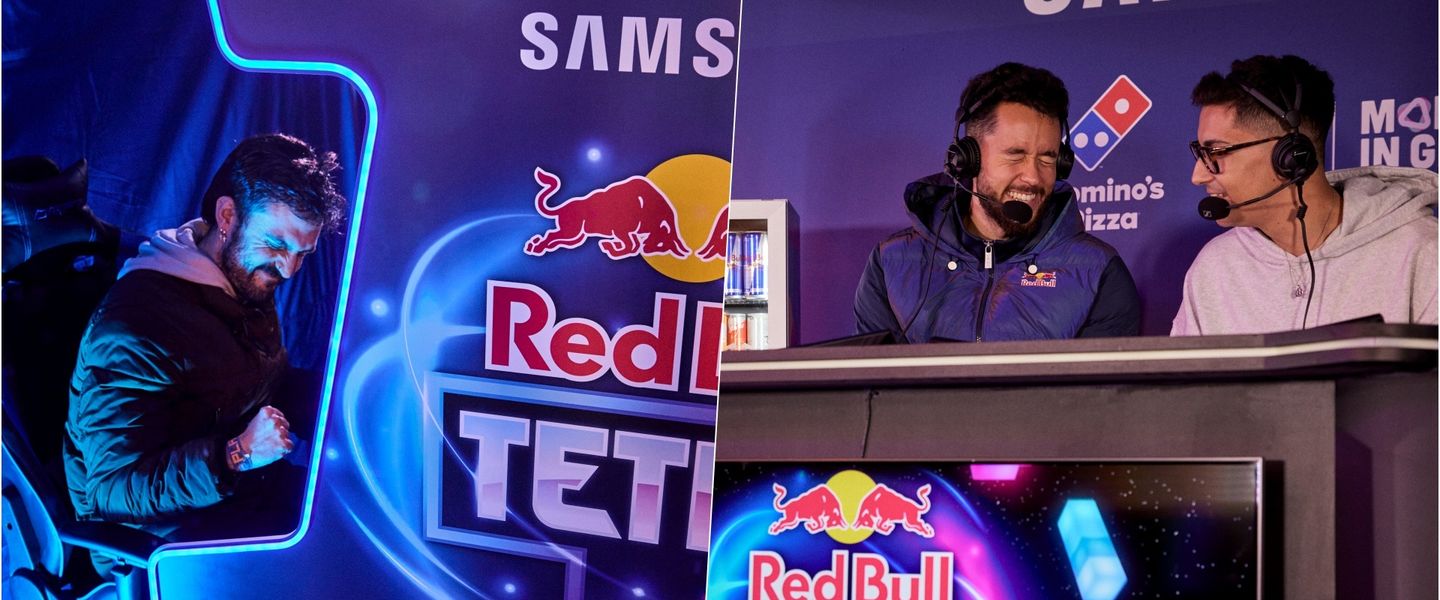The streaming industry has always been characterized by its dynamism, with platforms competing fiercely for top content creators. TwitchCon, held in Las Vegas, has recently shed light on a significant shift in strategy that could reshape the future landscape of live streaming. Both Twitch and YouTube have decided to pivot away from offering lavish contracts to their star creators.
The Big Revelation at TwitchCon
TwitchCon, a much-anticipated event bringing together streamers, viewers, moderators, and cosplayers, unveiled a series of surprises. One of the standout announcements was the introduction of multistreaming. This will now allow top-tier Twitch streamers without exclusive contracts to broadcast simultaneously on both Twitch and YouTube.
However, this was just the tip of the iceberg.
CEO Dan Clancy handing out 70/30 coupons on stage pic.twitter.com/YSGy0suSmx
— Twitch Clips (@ClippedTwitch) October 22, 2023
The Streaming Contract Wars
In a recent interview with Bloomberg, Dan Clancy, Twitch’s CEO, opened up about the company’s future direction. He pointed out that the ongoing “war of offers” between streaming platforms is not a sustainable business model. As a result, Twitch has made the strategic decision to refrain from offering high-value contracts to its creators.
Following suit, YouTube, a heavyweight in the streaming space, has also signaled its intent to cut back on lengthy and generously-priced contracts.
Implications for the Streaming Ecosystem

These decisions mark a pivotal moment in the streaming world. No longer will we witness tug-of-wars between platforms trying to poach top streamers. This evolution suggests a new business strategy focused less on individual creators and more on platform-wide enhancements and community-building.
For creators, this translates to a more challenging environment. While existing million-dollar contracts will be honored, Clancy confirmed that the number of such contracts would be “significantly reduced.”
Speculations and Looking Forward
This change in strategy raises questions about the underlying motivations. Could platforms like Kick also rethink their approach given the changes at Twitch and YouTube? What drove these giants to adopt such a drastic shift?
The End of an Era
As we move into 2024, both content creators and platforms must adapt to these changes. The era of million-dollar contracts may be waning, but the potential for innovation and the growth of the streaming community remains vast. Both Twitch and YouTube seem to be taking a more holistic approach, valuing community engagement over individual star power. Only time will tell how these changes will shape the future of live streaming.

